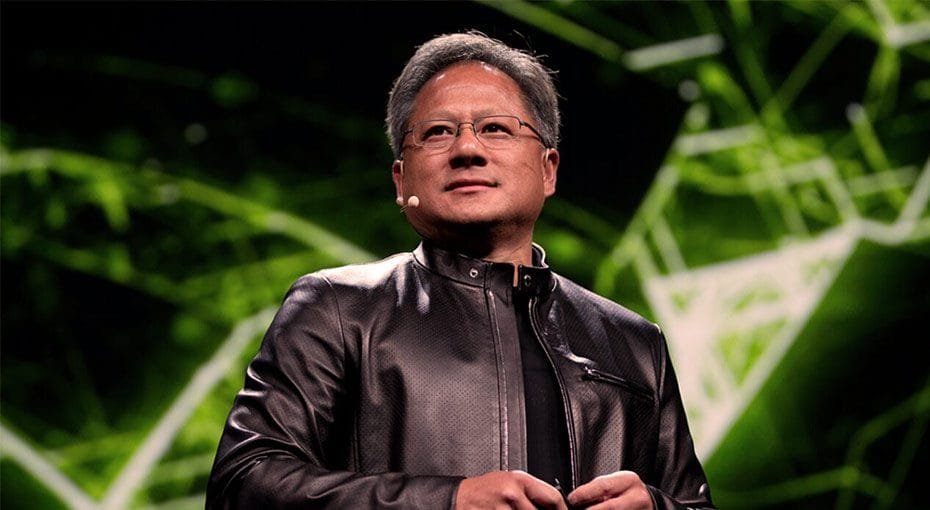In a bold statement that has sparked considerable debate within the tech community, NVIDIA CEO Jensen Huang suggests that artificial intelligence will democratize access to technology to such an extent that the mass production of software engineers may become unnecessary in the near future.
AI’s Transformative Impact on Programming Skills
During February’s World Governments Summit in Dubai, Jensen Huang, co-founder of the chip manufacturing giant that has seen astronomical growth in AI-related tasks, delivered a provocative perspective on the future of programming. Huang argues that AI will soon reach a level where the traditional emphasis on deep technical knowledge and coding skills may become obsolete in mainstream education.
When asked about recommended areas of study for children and continuing education, NVIDIA’s leader suggested that graduates of the past decade might have benefited more from studying sciences, manufacturing technology, or agricultural expertise rather than computer science. This stands in stark contrast to the prevailing wisdom of the past 10-15 years, which emphasized programming skills as crucial for children’s future success.
The Democratization of Technology
Huang’s perspective centers on AI’s ability to transform anyone into a programmer, effectively eliminating the existing technological divide. He envisions a future where positions requiring the synthesis of diverse information become increasingly valuable. For instance, an agricultural engineer would no longer need programming support, as they could accomplish necessary computational tasks simply by giving verbal instructions to AI systems.
Industry Perspectives and Skepticism
However, not everyone shares Huang’s optimistic timeline for AI’s transformation of programming. Notable technology analyst Patrick Moorhead disagrees with this assessment, pointing to historical precedents. He notes that programming has survived numerous technological advances that were predicted to make it obsolete, including the emergence of compilers, Java, Python, and low/no-code platforms. Moorhead argues that AI won’t retire programmers “for quite some time.”
Critics also point out that while Huang’s position may be influenced by his role in the AI industry, the average user still encounters AI systems that make mistakes, hallucinate, or overcompensate, making it difficult to envision a near-future without substantial need for IT experts and programmers.
Technical Glossary
- Democratization of Technology: Making technical capabilities accessible to non-experts
- Low/No-Code Platforms: Development environments that allow software creation with minimal programming knowledge
- Compilers: Programs that translate code from one programming language to another
- AI Hallucination: When AI systems generate false or incorrect information
- Synthesis: The combination of different elements or ideas into a coherent whole
The debate over AI’s impact on programming careers reflects broader questions about technology’s role in reshaping traditional career paths and skill requirements. While AI tools continue to evolve and simplify many programming tasks, the immediate future likely requires a balanced perspective that recognizes both AI’s transformative potential and the ongoing need for human expertise in software development.




